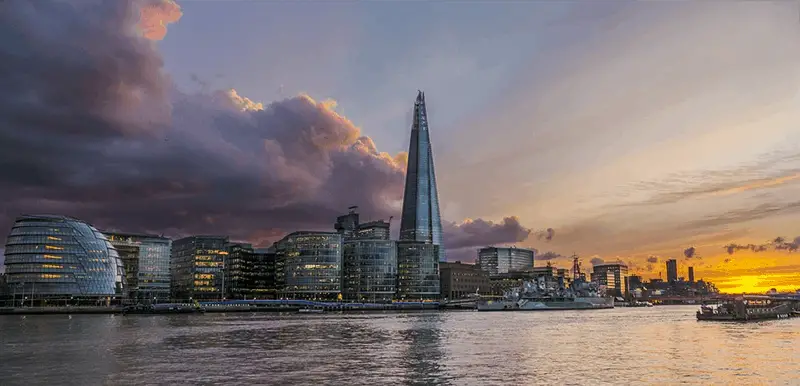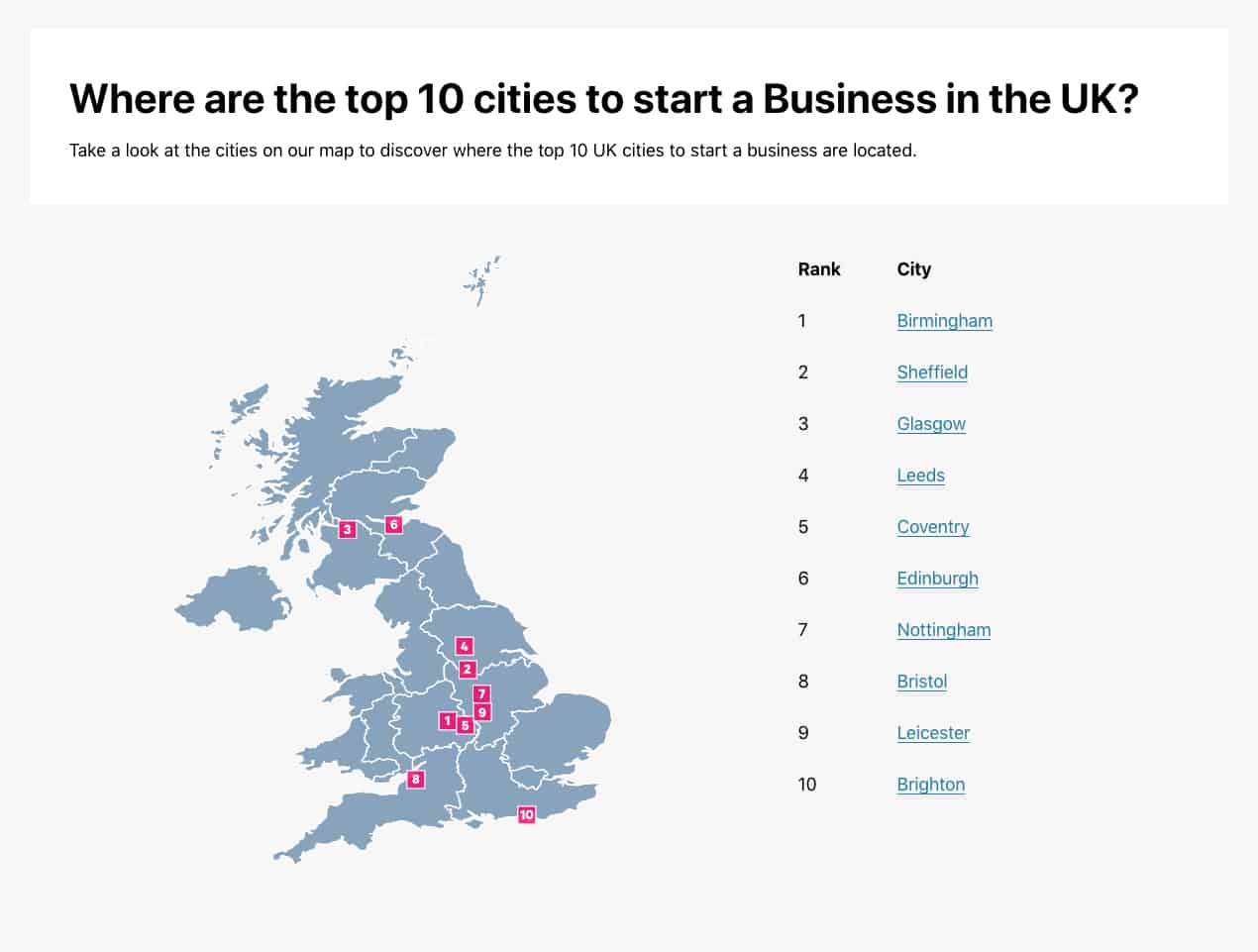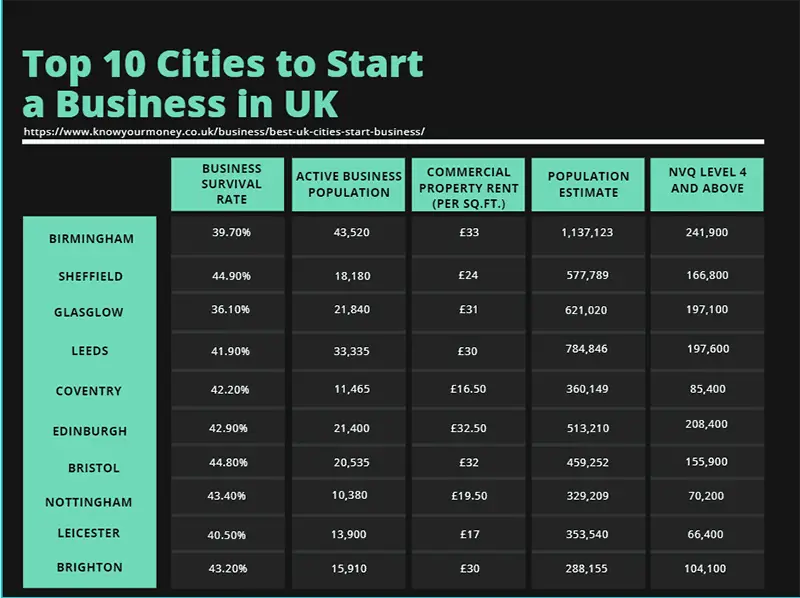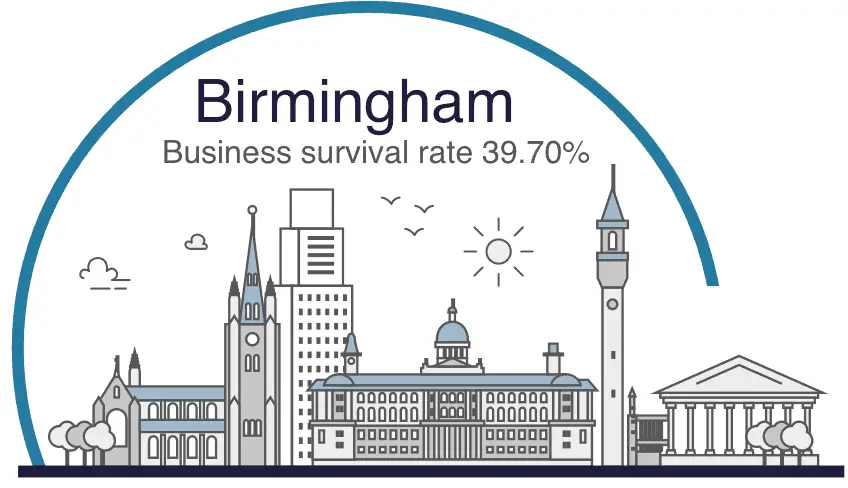Click here to get this post in PDF

Many people dream of having their own business for different reasons. Most people seek freedom and work-life balance; some follow their passion and turn their hobbies into business ideas; while others want to take risks and build a legacy through business. Whatever reason you may have in mind in desiring to have your business, it is important to take note of the factors to consider in putting up a business.
For you to come up with a good business plan, you need to answer the five W’s: Who? What? When? Why? Where?
Who are the people involved? You must be able to list down the owners, target audience or customers, possible competitors and other major personnel.
What are your main goals? You must know the things you want to achieve in your business – from the products and services you wish to offer up to the kind of structure you want to build.
When do you want to reach a specific goal? Constructing a timetable is crucial, especially when you are working with a team. This will help you determine whether everyone can accomplish the tasks given to them.
Why do you want to put up this kind of business? Knowing your deepest why’s will keep you motivated in reaching your goals and identifying the benefits you and your customers will be able to gain.
Where are the best cities to start a business? This question is often the most neglected. However, looking for the best place and knowing where the new opportunities are located is another significant thing for a business’ success.
Choosing the Best Location for Business
Unless you are aiming to start an online business or can provide an all-around service to any customer, choosing a location won’t be a big deal. Aside from understanding your business type and its specific needs, there are other factors to check in selecting the best location for your business:
Traffic and accessibility – This is one significant factor to consider whether you have a service-based business or not. There are two types of people who will get affected by this: your customers and your employees. When customers come to visit your place, make sure that the location you choose will have enough parking spaces. A parking shortage can keep people from coming back to your business. Also, take into consideration your employees and make sure to check public transport routes near your prospected location.
Competition – This will depend on the type of industry your business belongs to. If you’re planning to put up an internet-based business, having other offices with the same industry as yours won’t really matter. However, if you’re offering products and services, you may first want to analyze the market share and your possible competitors nearby. If you see that there are several other businesses like yours, you may not want to exhaust the place unless you have something else to offer that competitors do not have. On the other hand, it is also not advisable to put up a business with zero competition.
Location costs – Research the average rates on commercial properties. There are some areas where the government offers funding on businesses in specific industries. Also, check out other costs and requirements needed to put up your business. You wouldn’t want to put half of your funds just into the office space rent, right? Compute other costs per location, such as the utilities and the average pay for workers.
Proximity to suppliers and other business resources – If your business will need resources from other companies, it’s essential to look over nearby suppliers. Aside from speeding up the conversion of raw materials into goods and services, supporting other local businesses will help in the growth of the economy.
Top 10 Cities to Start a Business in UK
NerdWallet, one of the UK’s leading independent financial comparison websites, recently conducted research to find out which UK cities are best to start a business outside of the capital.

The top ten cities include:
1. Birmingham
2. Sheffield
3. Glasgow
4. Leeds
5. Coventry
6. Edinburgh
7. Nottingham
8. Bristol
9. Leicester
10. Brighton

Rankings were based on the following key stats: the business survival rate, active business population, commercial property rent (per sq ft), cost of one-bed apartment (per month), population estimate, weekly pay for workers (gross per week), number of local universities, and the talent base of adults with NVQ level 4 and above qualifications. The research also measured the future growth of business in each city in the next five to ten years.

Birmingham was considered to be the best city in the UK to start a business because of the large number of the business population. It also has a talent base of 241,900 adults qualified for NVQ level 4 and above, according to research.
Brighton, making it to the tenth place, was considered to be one of the best cities to start a business in the UK because of its transport connections to London and Gatwick airport.
Overall, picking the most cost-effective place for your business will always be based on the specific goals and needs of your business. While these rankings will be an excellent guide for you to decide the best location for your business, having your own set of criteria and comparing it according to their stats will always be advisable.
You may also like: How to Choose the Right First Location for Your Business

[…] Also read: The Best Cities to Start a Business in the UK […]